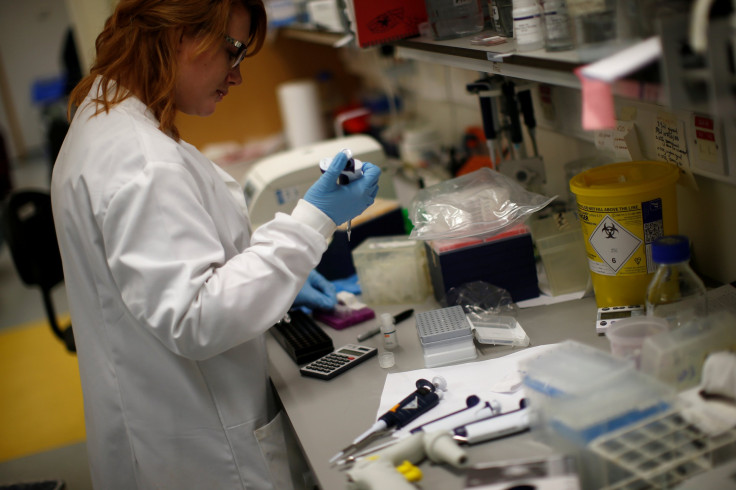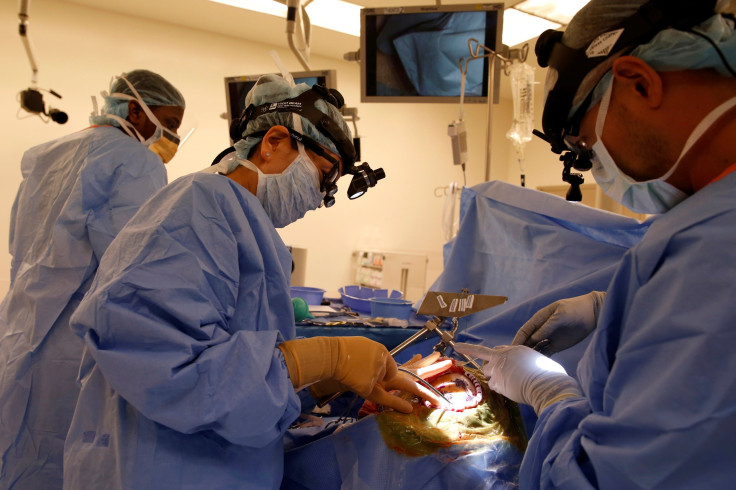Cure For Cancer Found? Brain Tumors Disappear In Patient Receiving CAR-T Cell Therapy

2016 brought along a bevy of medical research breakthroughs among the international scientific community, from HIV and AIDs prevention to new findings in the battle against the Alzheimer’s disease epidemic. But a blood cancer therapy called CAR-T cell treatment could prove to yield a major turning point in eradicating several forms of cancer, including breast and lung, in the years to come.
Researchers at the City of Hope cancer center in Duarte, California, administered CAR-T cell treatment through the brain of a patient with brain tumors for the first time ever, rather than administering the therapy through the blood as usual. The experimental treatment worked by dripping genetically modified T cells, designed to attack and kill cancerous cells, into a small region of the brain where spinal fluid is made.
"The idea was to have the flow of the spinal fluid carry the T cells to different locations," Dr. Behnam Badie, neurosurgery chief at City of Hope, told the Associated Press Wednesday.
The goal was to see if modified T cells would reduce the size of tumors throughout the brain and other areas of the body instead of targeting specific areas of the body. The patient, 50-year-old Richard Grady, received six infusions of the T cells each week through a small tube connected to his brain, following a surgery to remove three of his largest tumors. Not only did the CAR-T cell treatment reduce the size of Grady’s remaining tumors in the brain, but "we saw all the tumors disappear" after the tenth treatment, Badie said.

Tumors eventually reappeared in other regions of the brain, though cancer never recurred in the spots where the original tumors were removed from.
Grady was successfully cancer-free thanks to his immunotherapy treatment for over seven months before new cancerous tumors reappeared, which he is now receiving radiation for. However, doctors noting it was astonishing "for him to live more than a year and a half" after beginning the experimental trial therapy.
The trial is only the very beginning for a new avenue of cancer research, and was unsuccessful in yielding similar results in two other patients at Center of Hope. Researchers also noted acute side effects, including headaches, muscle aches and fatigue, though those could have been from a variety of medicines the patient was using throughout his treatment. Still, Dr. Donald O’Rourke, who has also experimented with providing CAR-T cell treatment to ten brain tumor patients at the University of Pennsylvania, says it’s still a fundamental breakthrough "that they showed this is safe, at least in this patient."
The Gateway for Cancer Research, along with the Food and Drug Administration, the California institute for Regenerative Medicine and the National Institutes of Health are each backing the City of Hope’s experimental study in brain tumor treatments. The California hospital so far has only administered the treatment to three of its patients, and is expected to continue modifying and analyzing the treatment to better treat cancer patients in the future.
© Copyright IBTimes 2024. All rights reserved.












